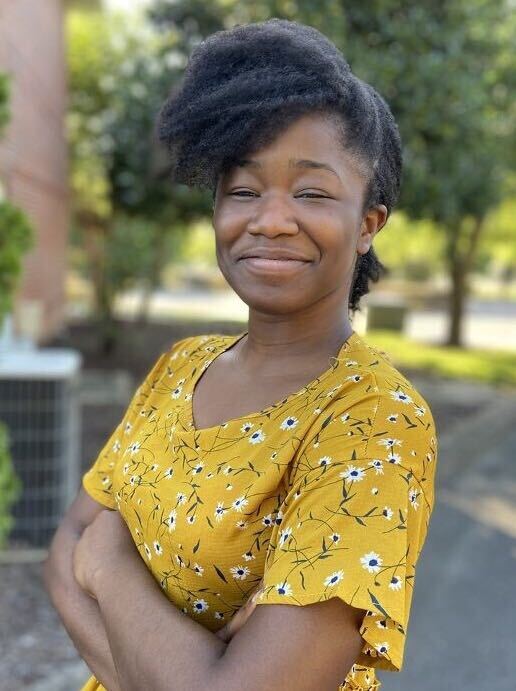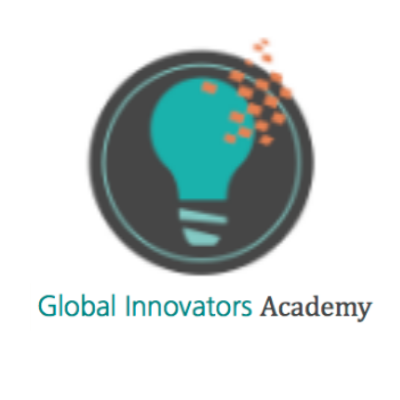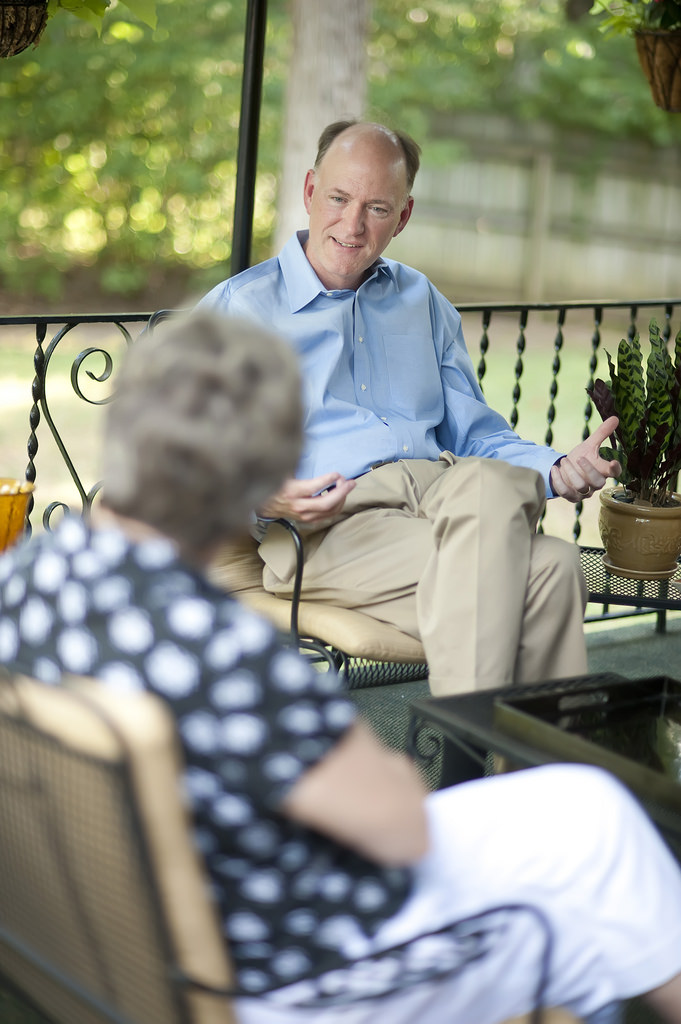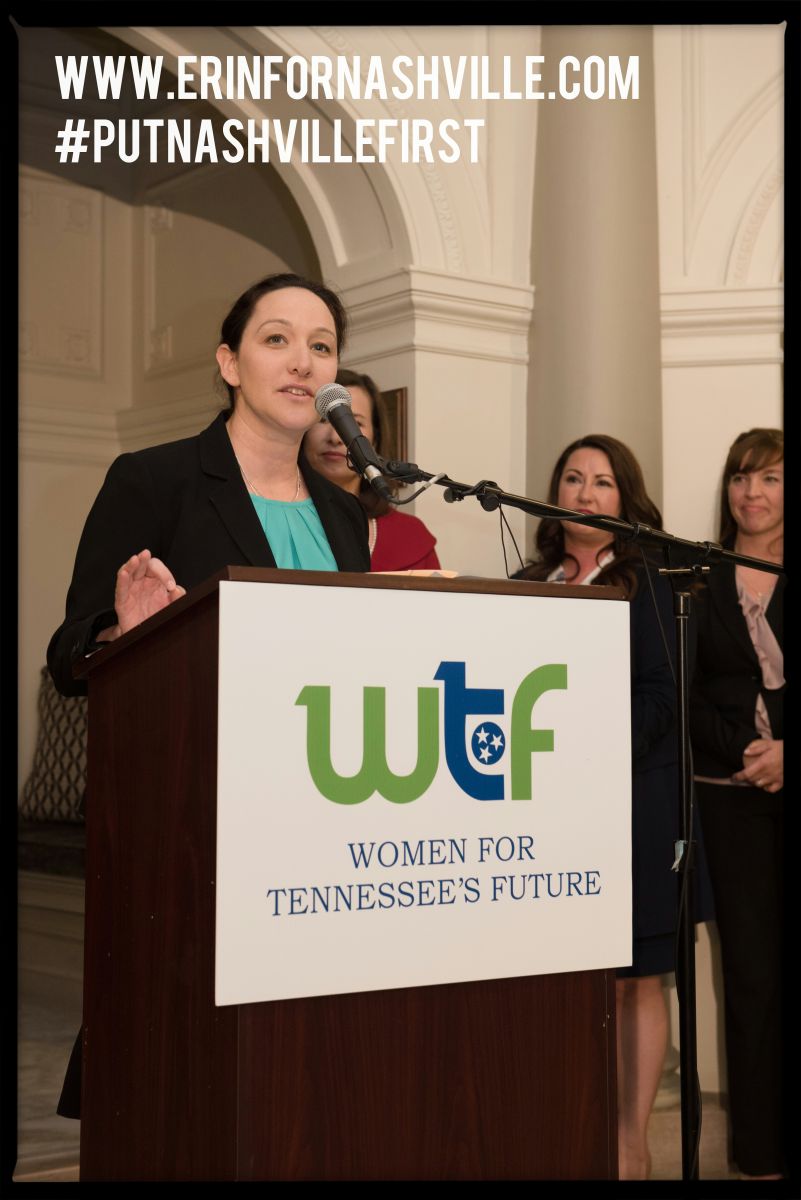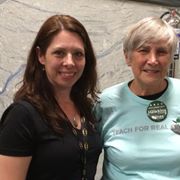Jill Speering is a retired educator and former Nashville School Board member. Her book, Rubies in the Rubble, tells the story of her life – from a challenging childhood to a career in the classroom to her time on the school board.
Below is an interview with Speering about her book and her education career.
1) Let’s start with the basics – writing a book is a significant undertaking – what inspired you to start this project and what helped you push through to completion?
In February 2020, I flew to New Zealand–the birthplace of Reading Recovery®– to visit a country with a literacy rate of 99%. In New Zealand, I visited 19 schools to closely observe their teaching and learning. I wanted to continue using my position on the board as a platform to improve literacy instruction in Nashville; however, because of COVID-19, I couldn’t share my New Zealand experiences from the board floor. This provided the impetus for me to keep writing.
During my 35-year teaching career, I taught children to read through the reciprocal process of writing, so I used the same methods in the writing of my own book. One of those techniques is to share drafts with peers for feedback. During one early draft, I shared my manuscript with Dr. Tammy Lipsey who told me that she wanted to hear more about my father. This surprised me because my dad had been a topic I didn’t discuss with anyone except my family. I had five notebooks filled with letters Dad had written to my mother when he was overseas before, during, and after WWII. Although I had previously perused the letters, I now delved into them much more deeply.
The more I wrote, the more I realized my father’s impact on me–especially on my teaching career. I believe that I would not have developed a passion for working with low-performing, high-need students if not for the influence of my dad. I didn’t want any child to feel the way I felt growing up. The book flowed out of me–I had to write it. It completely overtook my life. I sat at the computer daily for endless hours—writing, thinking, researching, revising, and editing.
2) You write openly about a harrowing childhood – can you talk more about what skills you called upon to survive in that difficult environment? What did you learn/takeaway from those formative experiences?
I loved my mother. Even at the tender age of four, I became fearless when I saw my father abuse her. I didn’t think about the consequences; I just jumped in to help her. Mother believed in me. She was my salvation, my rock, my support. She was the most important person in the world to me. At a very early age, I made it my responsibility to protect my mother. That responsibility followed me through my teaching career and service on the school board. I took responsibility for every child’s success and failure in my classroom knowing it was up to me to find the right way to teach each student. When a child was falling behind in my classroom, I felt it was my failure as an educator to adequately teach him and to genuinely demonstrate my belief in the student’s ability to succeed. The blame did not rest on the student but on me. This deep-seated philosophy is rooted in my own failure in elementary school. It wasn’t that I was stupid, as my father had proclaimed, but I had not experienced an environment where I was invited to grow without fear of failure or ridicule. When given opportunities to learn with loving, caring, patient (like my mother), and supportive teachers who knew how to build on my strengths, I flourished.
While serving on the school board, friends asked me where I had learned to stand up so firmly for my convictions even when I was aware of the possible repercussions. As I wrote Rubies in the Rubble, I began to make connections between the way I stood up to my father, my passion for teaching and advocating for children who had endured similar home environments, and for educators whose voices were omitted from decision-making processes.
I think it’s imperative that educators follow their students’ interests and allow their curiosity to help lead instruction. When I was in third grade, I took piano lessons. After several months, I heard a cousin play a particular waltz. I loved the piece and asked my piano teachers to help me learn to play it. She told me that it was too difficult for me. She dismissed my ambition and was not willing to teach me how to play the song. As a result, I quit piano lessons. My mother bought the piece of music for me, and I learned to play it all by myself. I still play that same waltz 50 years later when I sit down at the piano and it still brings me joy. I believe when students are motivated to learn, we must support them in those efforts. The human spirit can overcome what may appear to be impossible obstacles. My mother and several great teachers were the impetus for me to believe in myself and find the motivation to learn.
3) You had quite a journey to become an educator – what force or forces propelled you forward as you persistently pursued teaching?
When I first applied for a teaching position in Metro Schools in 1974, the field was saturated with educators pursuing a teaching position. The vigilance/passion I had developed from attempting to care for my mom during childhood did not serve me well when I attempted to join the ranks of Metro teachers. Dr. Wittington, Director of Elementary Personnel, saw my persistent calling as pestering rather than the passion of a young teacher. I eventually gave up on Metro Schools and taught for six years in Sumner County where I achieved Career Ladder III status as a Master Teacher before accepting a position with Metro School six years later while Dr. Whittington was on vacation.
Continuously seeking to improve my teaching led me on a path to receiving a Master’s Degree in reading. Yet, I still needed to know more in order to effectively teach my most at-risk students. Although I was awarded Career Ladder III status in 1985, I still needed additional, high-quality professional development. With the extra money provided from summer work with the Career Ladder program, I funded a three-week seminar at the University of New Hampshire to study the writing process with experts in the field. Still, I needed more! In 1995, MNPS invited me to attend the Reading Recovery Teacher Leader year-long professional development training at The Ohio State University. Finally, I was able to successfully teach all children to read, and I became a trainer to support educators become effective literacy leaders for emergent readers and writers.
4) What do you think your early experiences brought to your students when you were teaching?
My fifth-grade teacher in Sumner County schools did not like me. She made her disdain for me clear to the entire class. Each morning as I was dropped off in front of Guild Elementary, I lost my breakfast as I exited the car. It didn’t matter if I threw up right there in front of the car line, I was still expected to go through those doors and spend another day with a teacher who thought as highly of me as my own father.
From that atrocious year, I learned that what a teacher thinks of her students is communicated in word, deed, and action. I never wanted a child to feel that I didn’t like them or have 100% faith and belief in their abilities. I had experienced the dichotomy of failure at the hands of a wounded father and inpatient teachers, but also the uplifting exposure of success from a loving mother and patient, caring teachers. As an educator, I learned from both extremes. Because I had experienced failure in the fifth grade, I wanted to save children from the pain and embarrassment of defeat. Rather than telling kindergarten and first-grade students what they were doing wrong, I showed them what they were doing right. Accepting students’ near attempts at literacy approximations provided the impetus for them to continue their efforts, and I witnessed the students’ motivation increase.
5) What would you say to the young teacher facing today’s challenging school climate?
Be careful about following a curriculum verbatim. If the curriculum is boring to you, it’s boring to your students. Interweave the prescribed curriculum into the lives of your students. Build your instruction on students’ interests, prior knowledge, and previous experiences. Make learning fun. Create a community of learners where everyone works together. Community is established when students have a voice and an opportunity to write and share their feedback with you about their own learning processes. Build your instruction on what students already know. This simple procedure makes learning new information easier and more expedient.
Have faith in your students’ abilities even before they have demonstrated those skills. Take one step at a time–one teaching point at a time–always given after you’ve shared what your students have done well. Enjoy your teaching and your students will love school.
6) You served on the School Board during a tumultuous political time in Nashville – what were your biggest challenges and what do you see as the Board’s greatest accomplishments?
I was so proud of the board’s unanimous decision to hire Dr. Shawn Joseph who brought the Arbinger principles to Metro Schools. Arbinger is a behavioral approach for the improvement of organizations by helping individuals think about others-–rather than just themselves. The Arbinger principles helped to bring the board together in a new way; however, the board and NewsChannel 5 soon discovered that Dr. Joseph’s message to us was often different from his message to teachers and principals. Although I spoke with Dr. Joseph privately about this discrepancy, little changed. Retaliation appeared to be his modus operandi as he was involved in several retaliation lawsuits by district employees. Eventually, I found myself at the whim of his frustration when the day before the board presented the MNPS budget to the mayor, Dr. Joseph recommended that 85 Reading Recovery teaching positions be terminated even after he touted that Reading Recovery was one of the best reading interventions in the country. Although I had previously seen him as a leader who was passionate about low-performing, at-risk minority students, his behavior cemented my belief that he was not who he had presented himself to be. Problems continued to mount, and eventually, five members of the board agreed that his tenure needed to end. Continuing his retaliation efforts, Dr. Joseph appeared to push the narrative that I was a racist, but my long-standing commitment to successfully teaching inner-city students in poverty stood the test of time. I was well-known in the district. People who knew me were aware that Dr. Joseph’s attempts to discredit me were a stretch and a way to circumvent the negative press surrounding him.
Hiring Dr. Adrienne Battle is the board’s greatest accomplishment. Her calm presence and genuine caring for students and educators have been widely applauded. Dr. Battle’s experience in elementary, middle, and high school is foundational to making the best decisions for all students.
7) How has the school board changed since you’ve left? What do you see as the biggest challenge in education policy today?
With Dr. Battle at the helm, the board is working together better than I remember in recent history. She has led MNPS through the last few years of a pandemic as she has successfully kept students and educators safe while continuing to provide the best choices for learning opportunities.
The biggest challenge in education today is the assault on our democracy by demonizing educators and public schools through the use of high-stakes testing, the proliferation of charter schools, and now vouchers. Safety is a primary concern for students and educators. Although our state constitution protects students’ rights to public education, the state commissioner of education and the state board have made the teaching profession so inhospitable and underpaid that the pipeline for new teachers has virtually dried up.
8) If you had to distill “Rubies in the Rubble” down to two or three key lessons, what would they be?
–Everyone has suffered some type of trauma in their life. Over time, we can give a different meaning to our adverse life experiences to help others avoid the pitfalls we endured.
–Looking back over our lives, we can discover that there is a divine presence that is guiding us along the many paths life has to offer. As we listen to and follow that inner guidance, we find that all of life is a miracle.
–Knowing our truth and having the courage to speak that truth–no matter the consequences–is one of life’s greatest accomplishments of self-actualization.
Rubies in the Rubble was published in October, 2021.

For more on education policy and politics in Tennessee, follow @TNEdReport
Your support – $5 or more – makes publishing education news possible.
